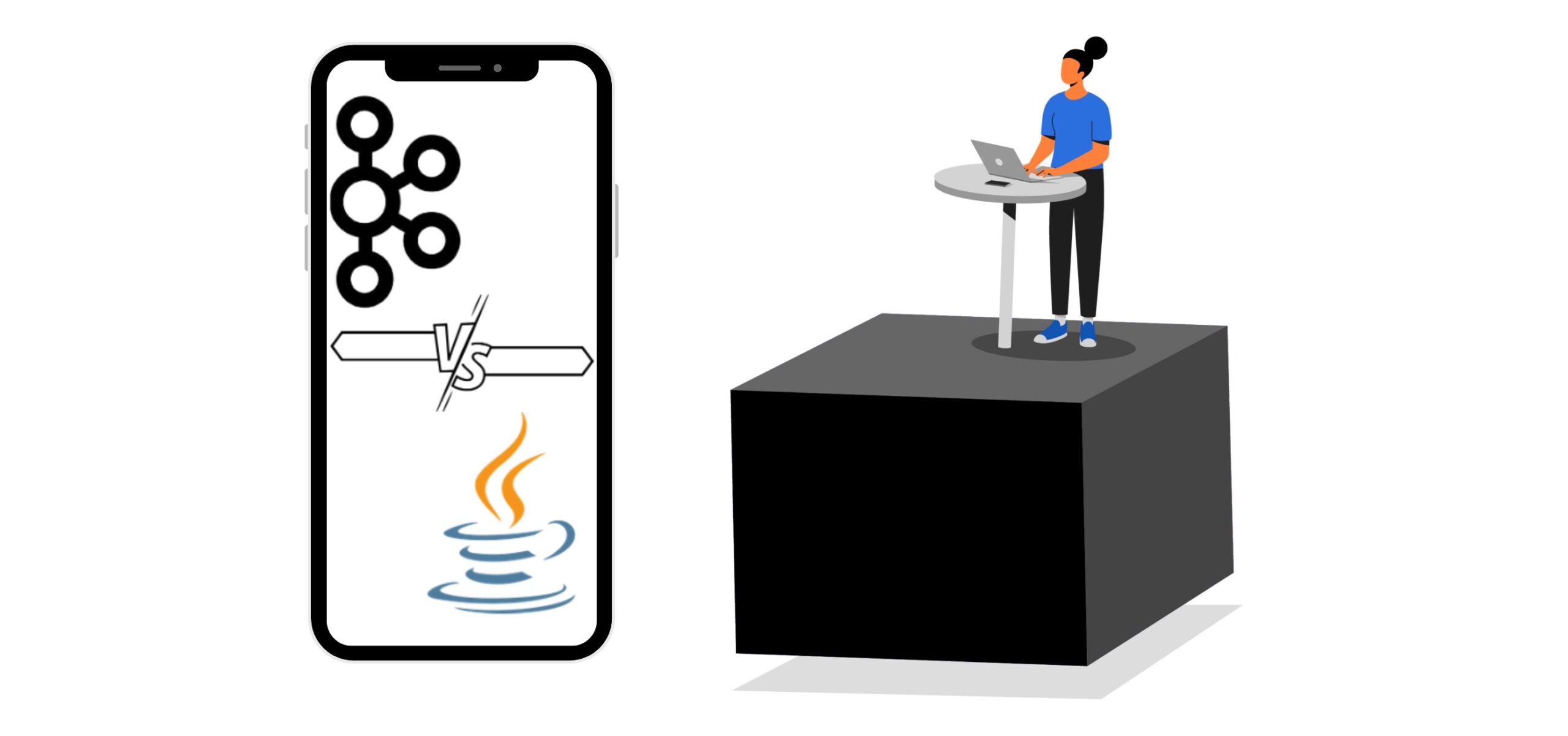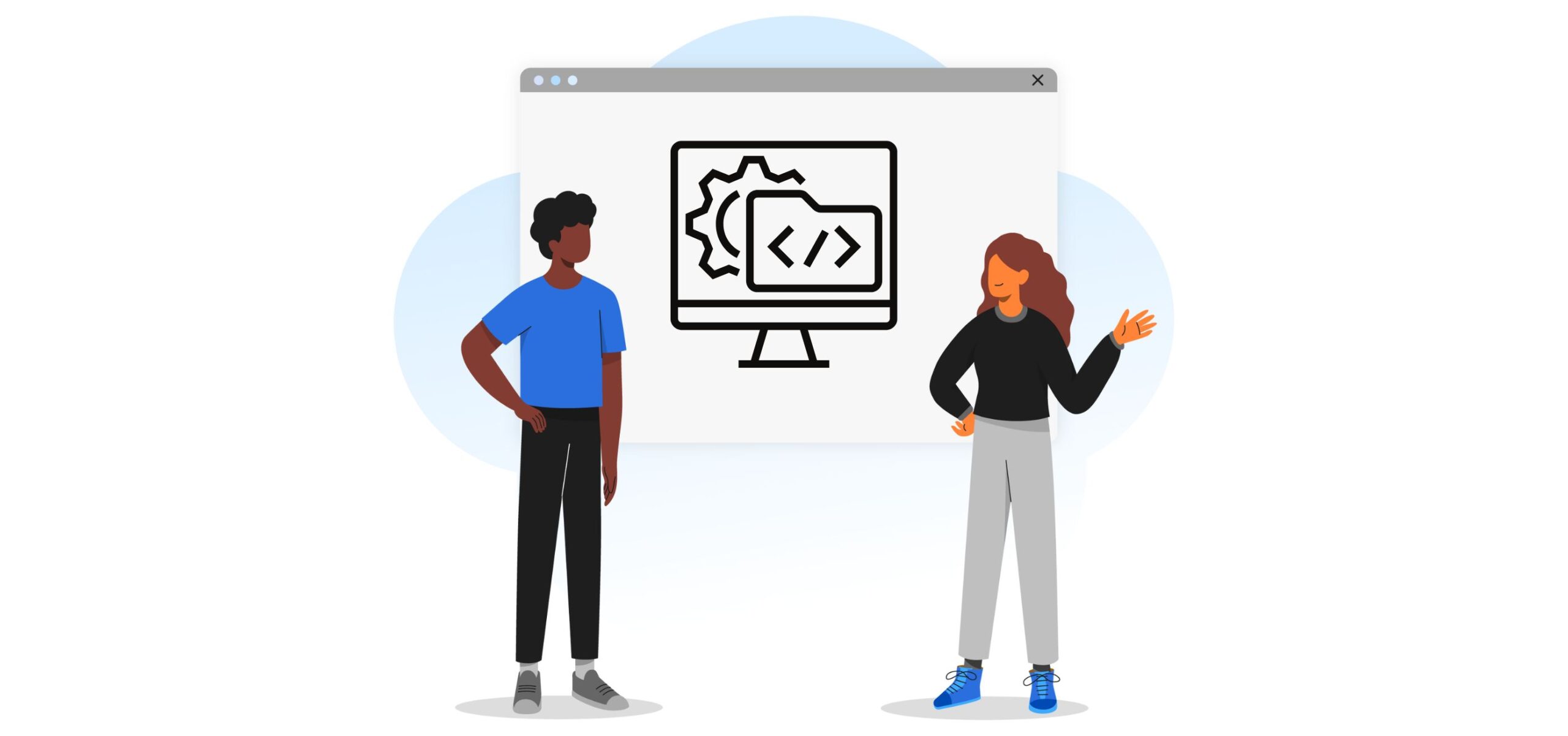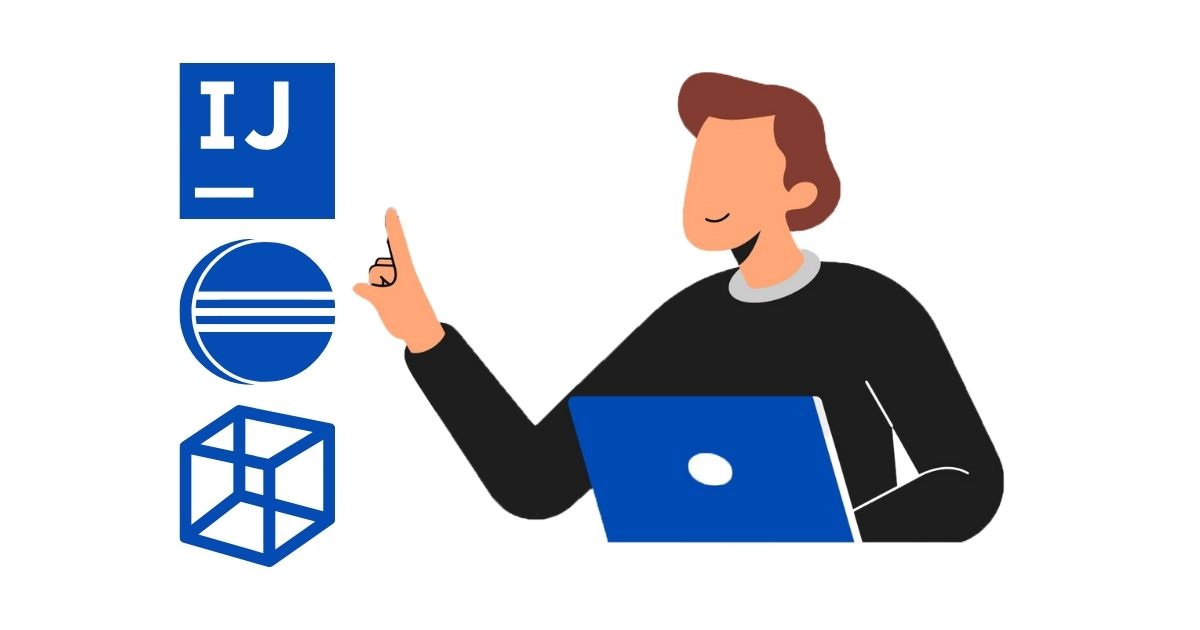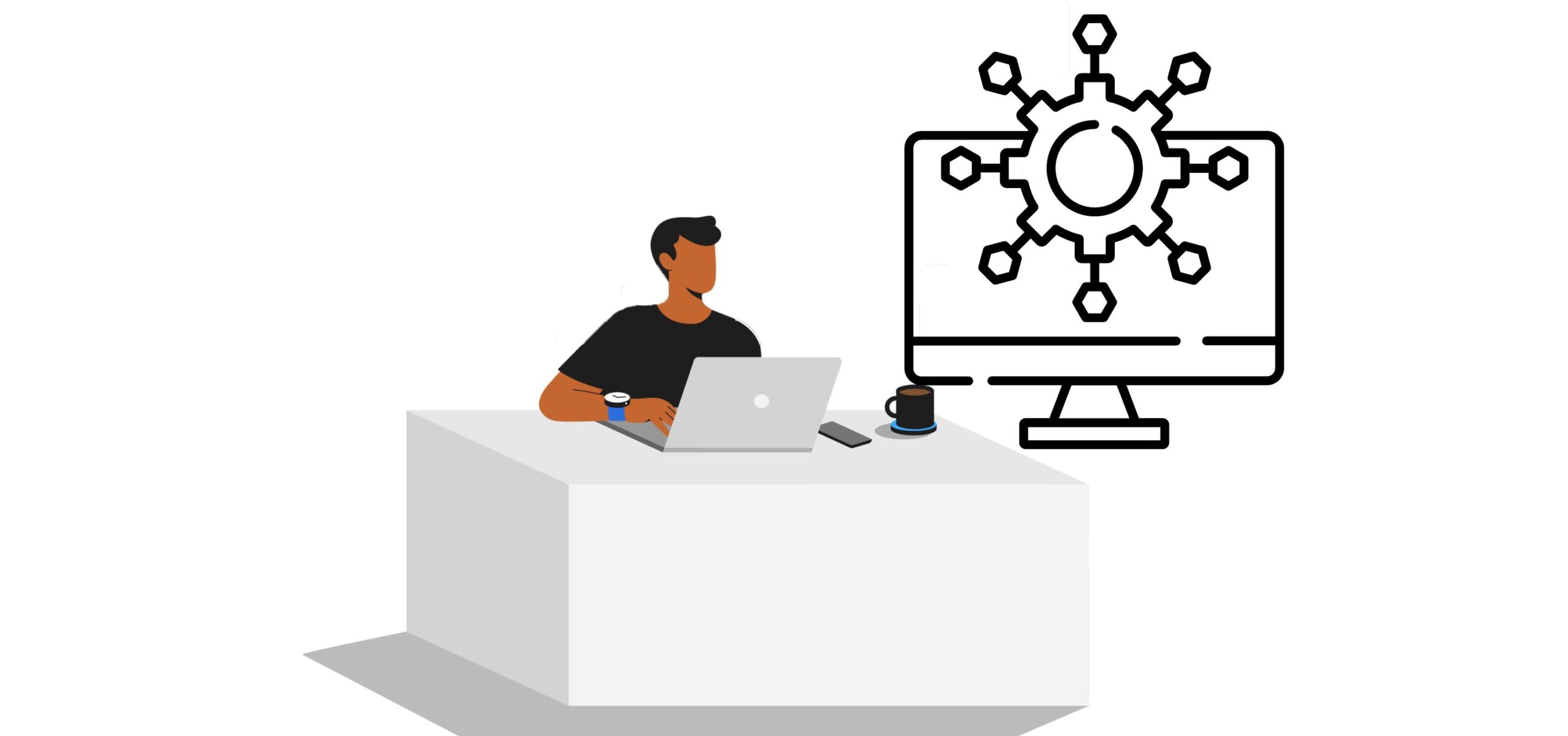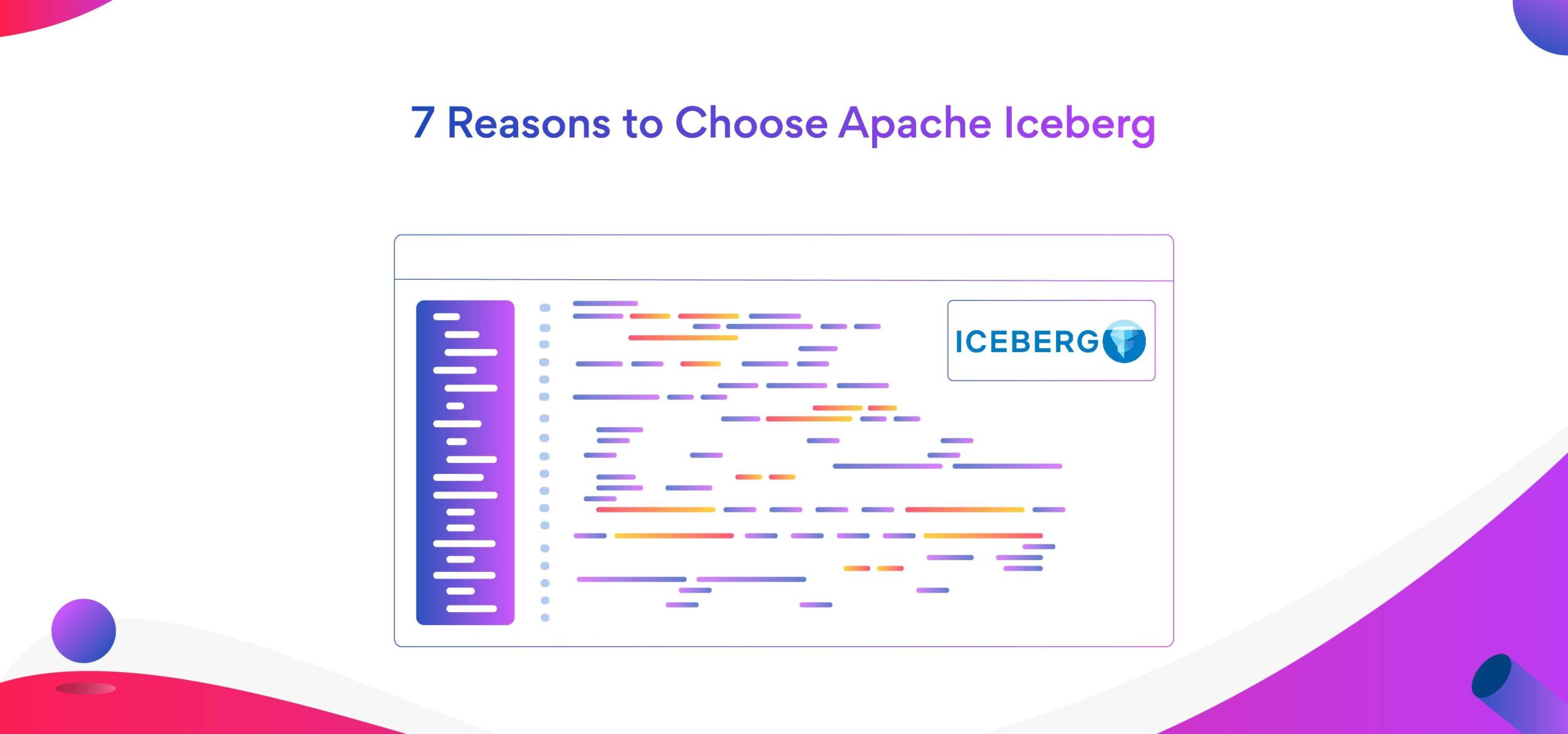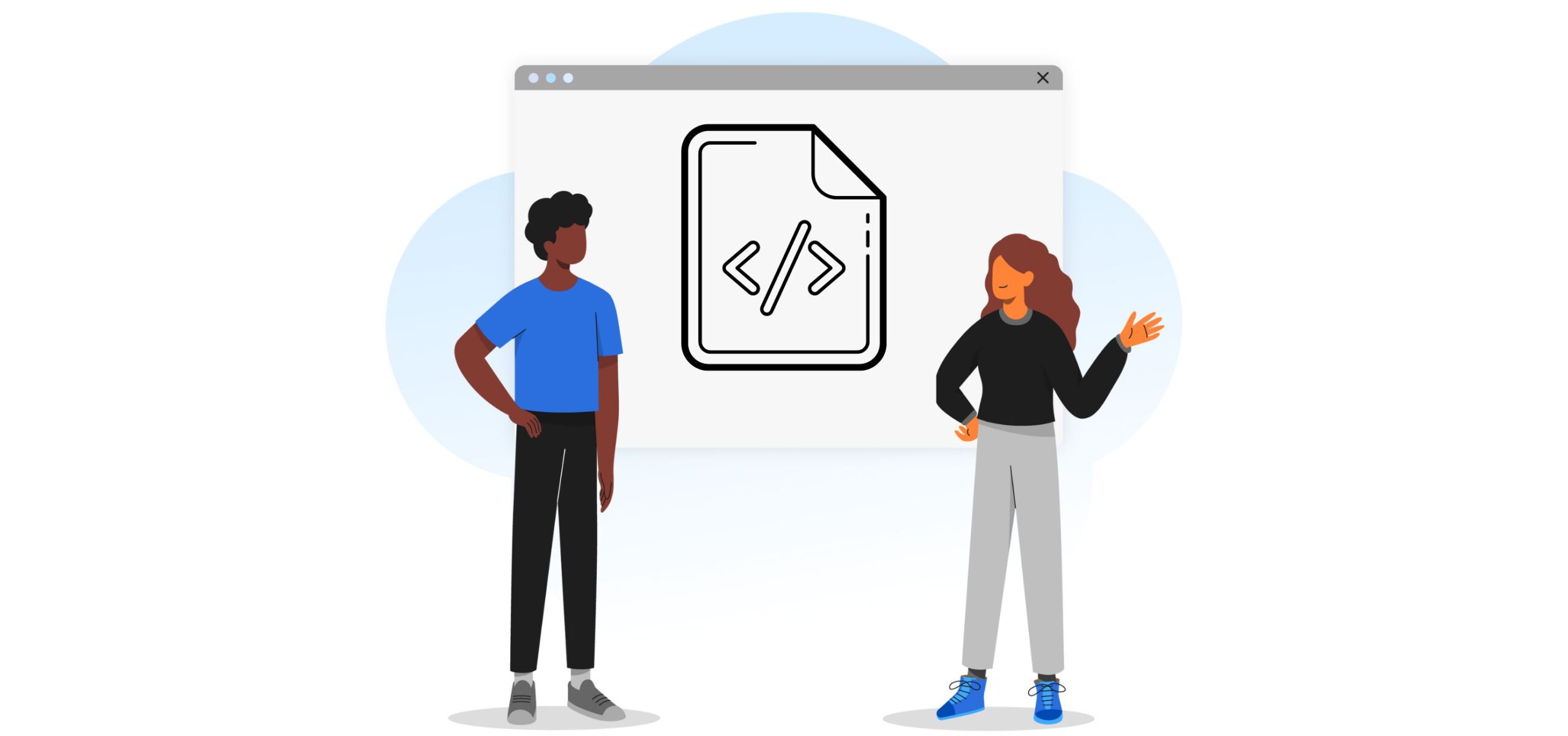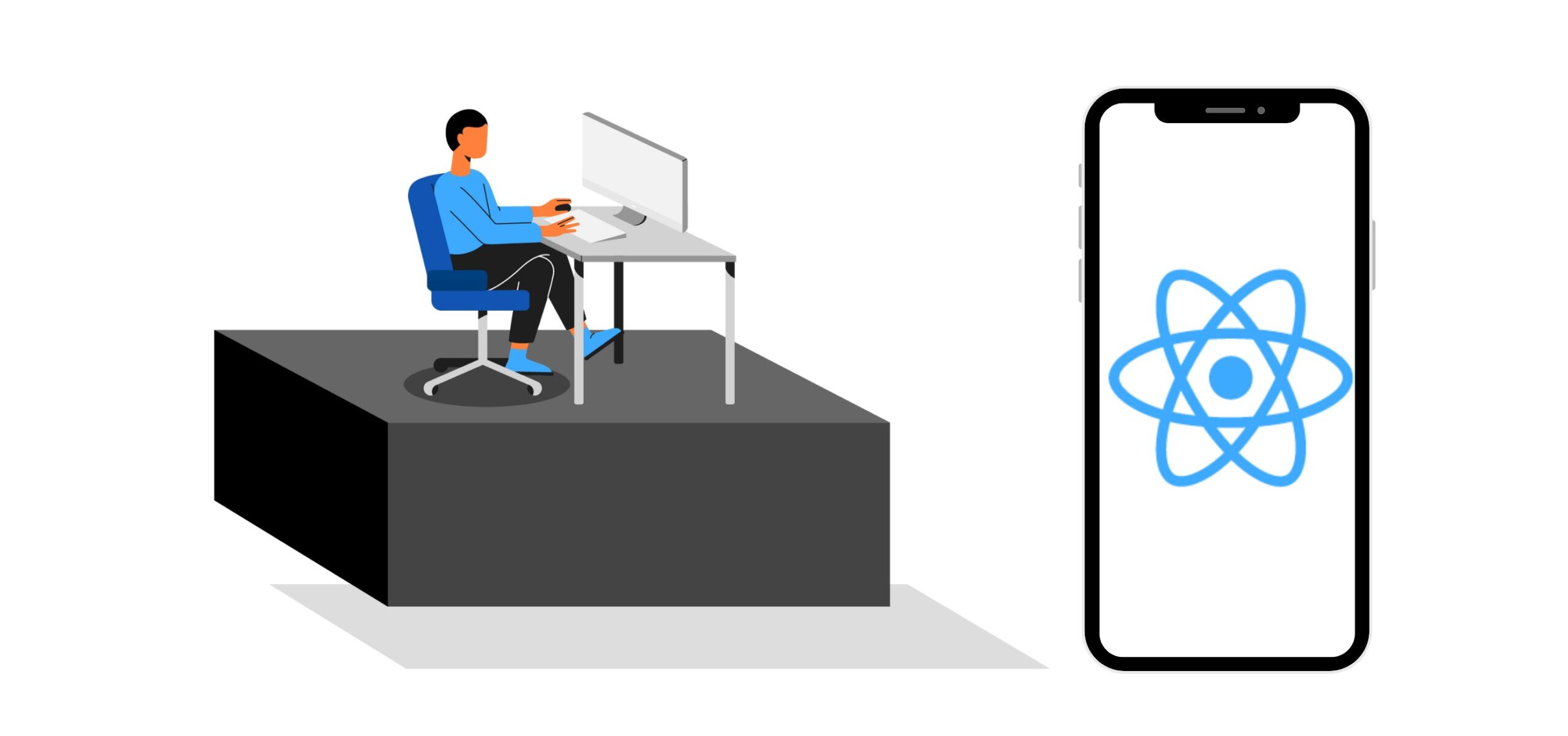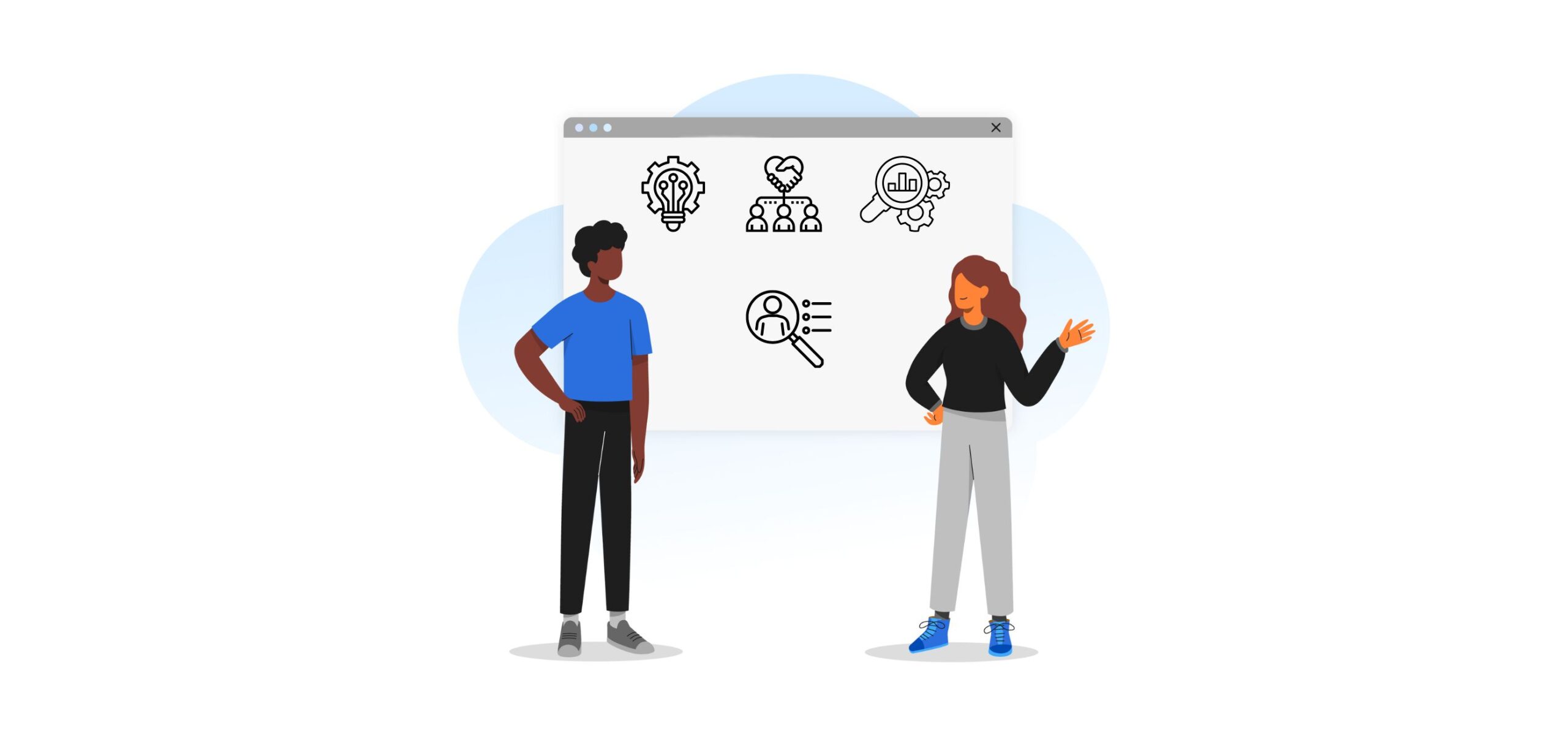JMS vs Kafka: Which Message Broker Should You Use?
JMS vs Kafka: which message broker is the best? JMS and Kafka are widely used message brokers to transmit data between different applications. JMS or Java Message Services is used to communicate between Java-based applications and other software components. Apache Kafka is an open-source distributed event streaming platform used for building real-time data pipelines and streaming applications.
This blog post will take you through the similarities and differences between JMS and Apache Kakfa to help you pick the best one. Keep reading.
What are message brokers?
Message brokers are software systems or components that facilitate the exchange of messages between different applications or components within a distributed system. They serve as intermediaries, ensuring that messages are delivered from senders to receivers efficiently and reliably. Message brokers play a crucial role in enabling asynchronous communication, decoupling sender and receiver systems, and ensuring that messages are processed in a scalable and fault-tolerant manner.
What is Apache Kafka?
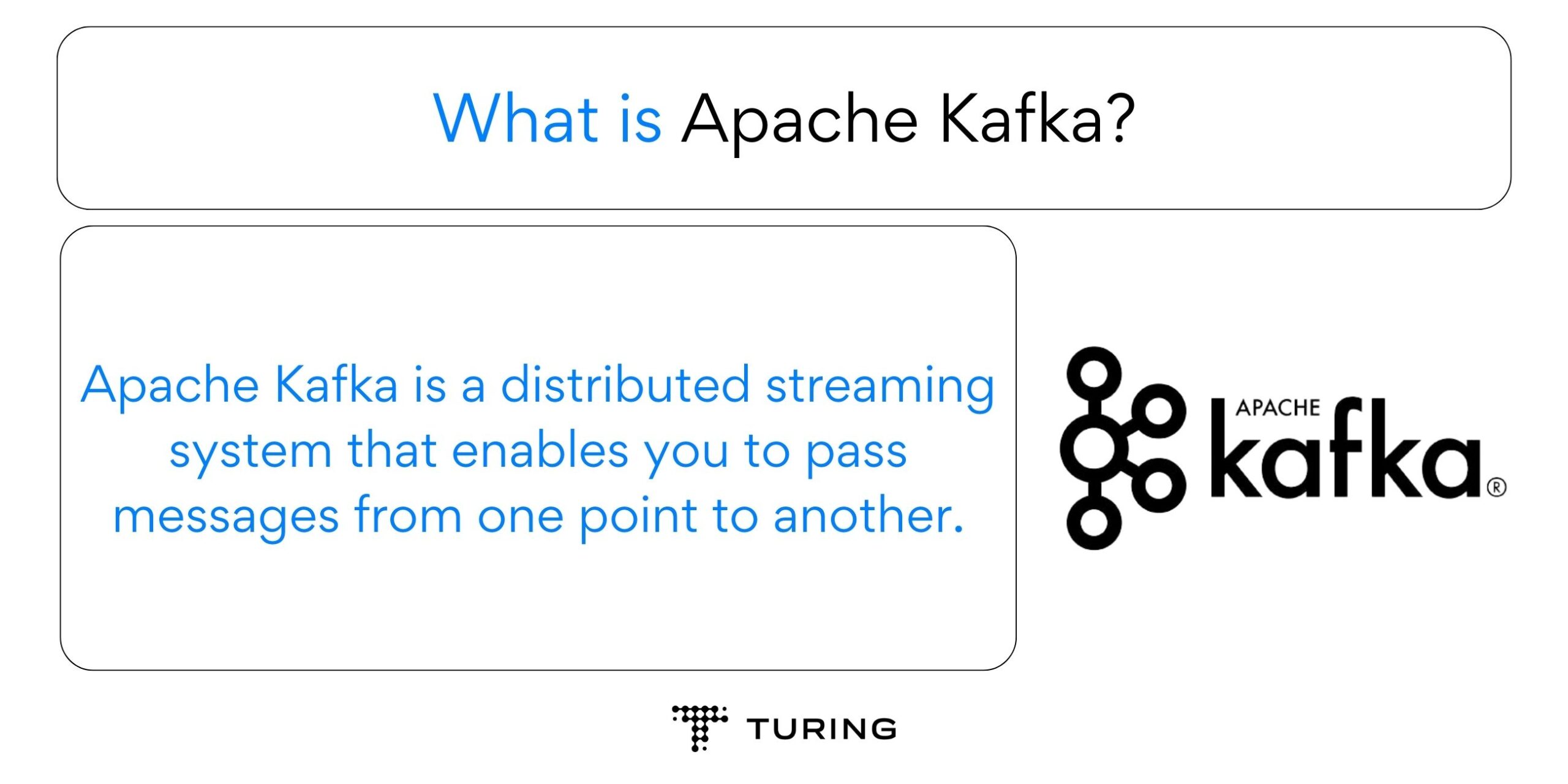
What is Apache Kafka?
Apache Kafka is a distributed streaming system that enables you to pass messages from one point to another. Kafka maintains a stream of records within a cluster of servers, offering a robust logging mechanism for distributed systems. Kafka helps users publish and subscribe to streams of records, process records in real time, and store streams of records. With Apache Kafka, developers can create streaming data applications and pipelines.
What is JMS?
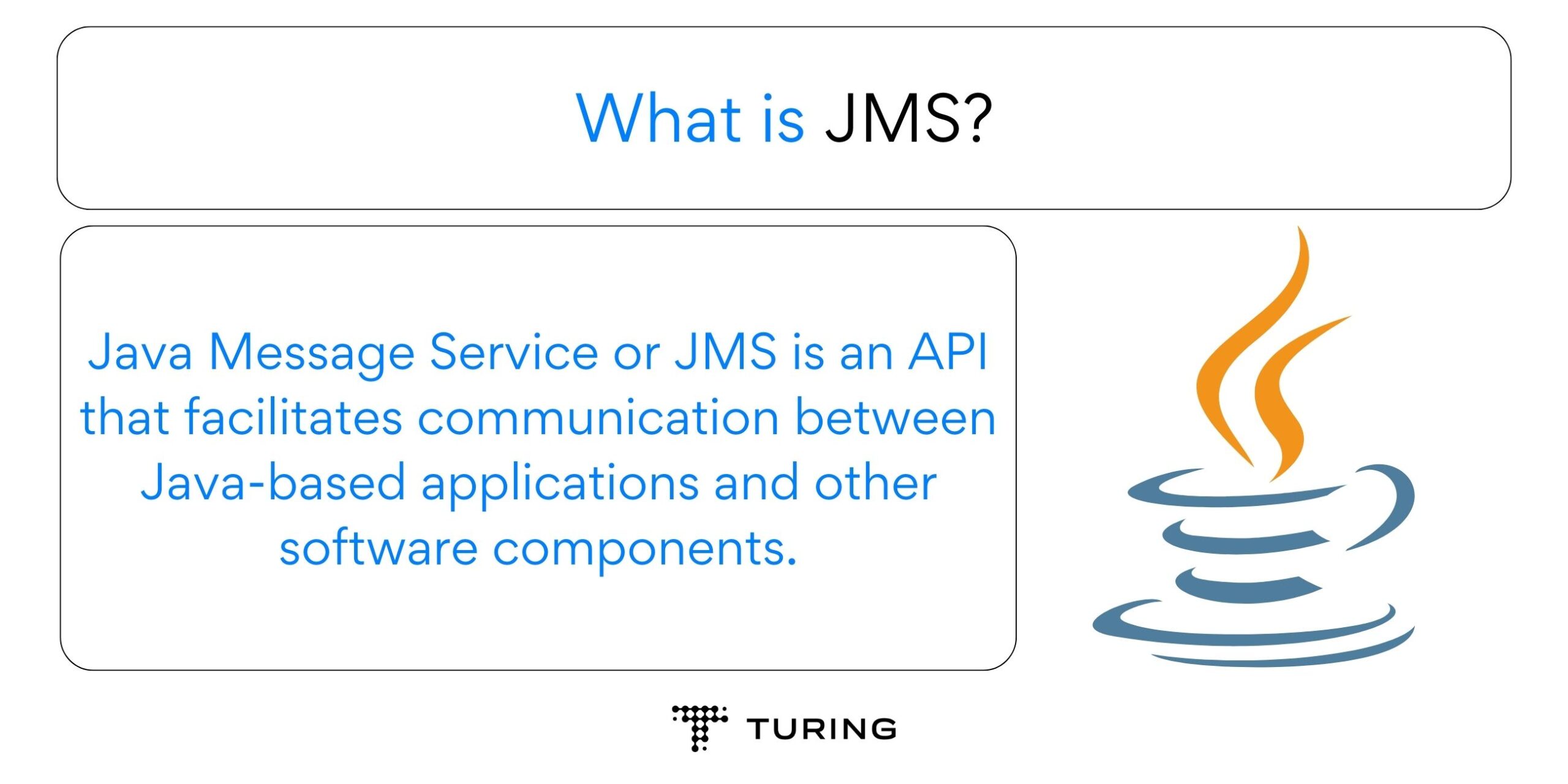
What is JMS?
Java Message Service or JMS is an API that facilitates communication between Java-based applications and other software components. JMS comes with pre-defined messaging protocols that support the Java programming language. The messaging standard allows users to create, send, receive, and read messages between computers in a network. With JMS, developers can make software applications written in different programming languages talk to each other.
Similarities between Kafka and JMS
While the architecture and design of these popular message brokers are different, there are a few similarities between the two. Let’s take a look:
- Messaging Middleware: Both Kafka and JMS are messaging middleware solutions used to facilitate communication between different components or systems in a distributed architecture. They provide a way to send, receive, and process messages asynchronously.
- Message Brokers: Kafka and JMS both involve the use of message brokers. In the case of Kafka, it’s Apache Kafka, and for JMS, it can be various JMS providers like Apache ActiveMQ, RabbitMQ, or IBM MQ. These brokers are responsible for managing the routing and delivery of messages.
- Messaging Patterns: Both Kafka and JMS support common messaging patterns, such as publish-subscribe and point-to-point messaging. While Kafka primarily focuses on publish-subscribe, JMS provides support for both patterns, making it versatile for various use cases.
- Message Durability: Both Kafka and JMS can be configured to provide message durability. Kafka stores messages for a configurable retention period, ensuring data availability even after consumption. JMS offers message persistence options to prevent data loss.
- Integration: Kafka and JMS can be integrated with various programming languages and frameworks, making them suitable for a wide range of applications. Kafka clients are available in multiple languages, and JMS provides a standardized API for Java applications.
- Scaling: Both Kafka and JMS can be scaled to handle increased message volumes. Kafka achieves scalability through horizontal scaling by adding more broker nodes, while JMS implementations may offer scalability options depending on the provider.
- Acknowledgment: Both Kafka and JMS allow for acknowledgment mechanisms. Producers can receive acknowledgments when messages are successfully delivered and processed, ensuring reliable communication.
- Message Transformation: Both Kafka and JMS offer ways to transform message formats. Kafka supports various serialization formats, and JMS may provide message conversion capabilities.
Now that we know what’s similar, let’s head to the differences between JMS vs Kafka and see which one’s better for your needs.
JMS vs Kafka: Differences
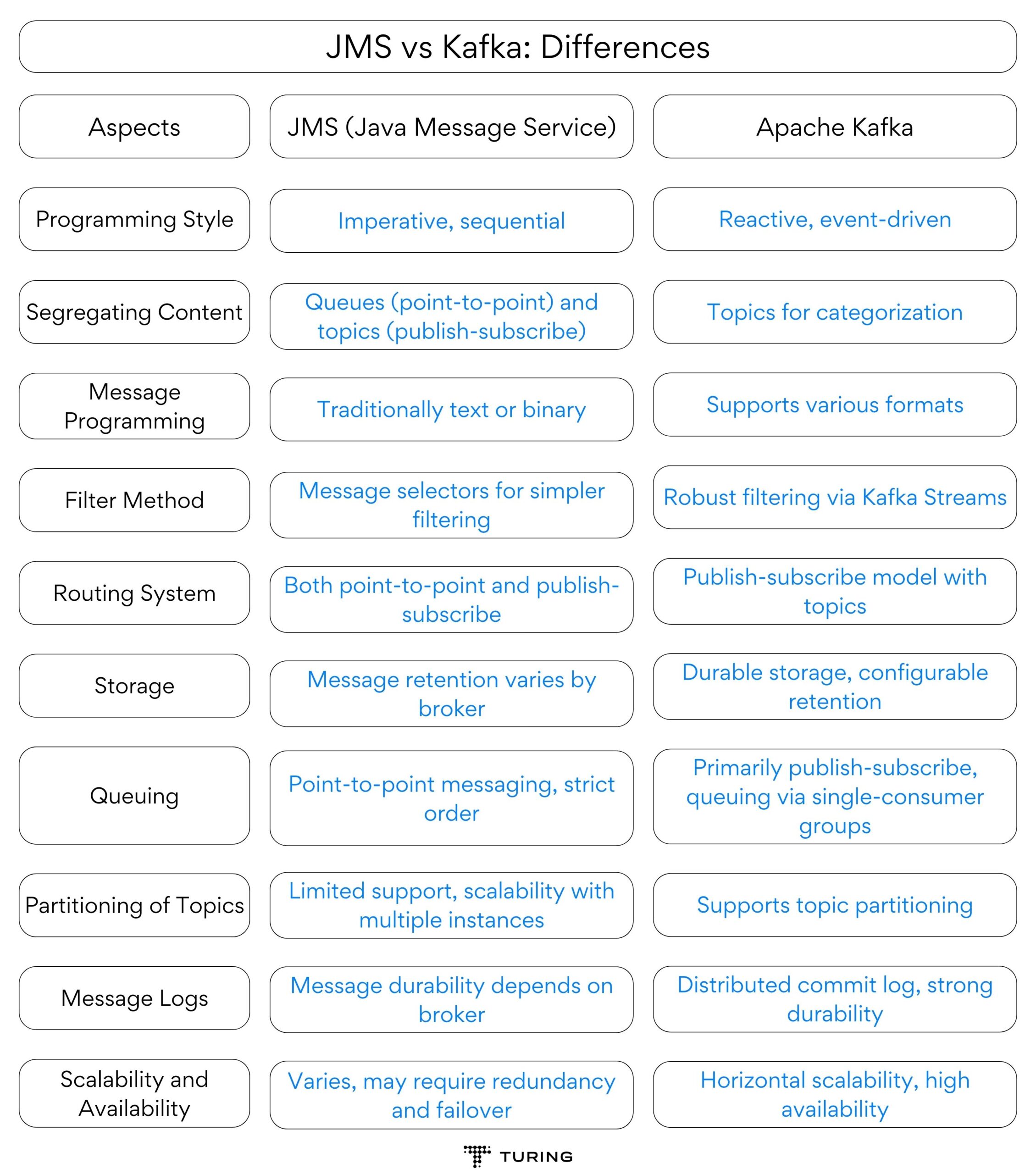
Major Differences between JMS vs Kafka
Let’s see the major difference between JMS and Kafka and get to know which of the two message brokers will be a better choice for your business requirements.
-
Apache Kafka vs JMS: Style of programming
JMS adheres to an imperative programming style. Developers write specific code to solve particular problems, executing a series of instructions sequentially. JMS operations often occur synchronously, with the sender waiting for acknowledgment of message receipt and processing. This style is well-suited for applications where precise control over the order of operations is critical.
Kafka follows a reactive programming style, which revolves around asynchronous data streams and event-driven processing. Developers work with data as it flows through the system, and events trigger actions across the application. Kafka leverages reactive programming libraries and frameworks to handle events efficiently. This style suits real-time data processing and event-driven architectures. -
JMS vs Kafka: Segregating the Content
JMS segregates content using queues and topics. Queues are typically used for point-to-point messaging, ensuring that messages are delivered to one consumer. Topics are used for publish-subscribe messaging, allowing multiple subscribers to receive the same message.
Kafka segregates content using topics. Topics allow for the categorization of messages into different streams, enabling efficient routing and processing of related data. Producers and consumers subscribe to specific topics of interest, facilitating a publish-subscribe model. -
Type of Message Programming
JMS traditionally deals with messages in text or binary format. While custom serialization is possible, it may require additional configuration and implementation effort compared to Kafka.
Kafka supports messages in various formats, such as Avro, JSON, or custom serialization and deserialization. This flexibility enables developers to work with data in the format that best suits their needs, making it versatile for different use cases. -
JMS vs Kafka: Filter Method
JMS provides message selectors for filtering messages. However, the effectiveness of filtering may vary depending on the JMS provider. JMS selectors are more suitable for simple filtering criteria.
Kafka offers robust filtering capabilities through Kafka Streams or consumer group subscriptions. Kafka Streams provides a powerful stream processing API for data transformation and filtering. Consumer groups allow multiple consumers to subscribe to topics, each receiving a copy of the data, enabling parallel processing and filtering. -
Routing System
JMS offers both point-to-point and publish-subscribe routing mechanisms. Queues are used for point-to-point communication, ensuring that a message is delivered to only one consumer. Topics are used for publish-subscribe communication, where multiple subscribers can receive the same message.
Kafka employs a publish-subscribe model with topic-based routing. Producers publish messages to topics, and consumers subscribe to specific topics of interest. This approach simplifies message distribution in a distributed system. -
JMS vs Kafka: Storage
JMS typically does not retain messages beyond delivery. Message persistence depends on the specific JMS broker configuration. In some cases, additional setup may be required to achieve message durability.
Kafka provides durable message storage with configurable retention periods. Messages are stored for a specified duration, allowing consumers to replay historical data. This feature is valuable for applications that require data auditing, analytics, or replayability. -
Apache Kafka vs JMS: Queuing
JMS excels in queuing scenarios. It offers point-to-point messaging with guaranteed message delivery. Queues ensure that each message is consumed by only one recipient, making JMS suitable for scenarios where strict message ordering and processing are essential.
While Kafka can mimic queuing behavior using single-consumer consumer groups, it is primarily designed for publish-subscribe patterns. Queuing behavior can be achieved with a single consumer per partition. -
Partitioning of Topics
JMS topics do not natively support partitioning. Scalability in JMS is typically achieved by deploying multiple instances of a topic, and each instance is responsible for handling a subset of messages.
Kafka allows topics to be partitioned, enabling parallelism and scalability in message processing. Each partition can be handled by a separate consumer, ensuring efficient distribution of work. -
Message Logs
Message durability in JMS depends on the broker’s configuration. While JMS brokers offer message persistence, the level of persistence may vary between different JMS providers.
Kafka acts as a distributed commit log, making all messages persistent by default. It provides strong durability guarantees, ensuring that messages are not lost even in the case of broker failures. -
Apache Kafka vs JMS: Scalability and Availability
The scalability and availability of JMS implementations can vary. Achieving high availability often requires configuring redundancy and failover mechanisms. Scalability may also vary depending on the specific JMS provider and deployment architecture.
Kafka is designed for horizontal scalability, allowing you to add more brokers to handle increased load. This design makes Kafka highly scalable and available. Kafka’s distributed architecture ensures fault tolerance and high availability.
JMS vs Kafka: What should you choose?
The choice between JMS (Java Message Service) and Kafka (Apache Kafka) depends on various factors, including the specific requirements and use cases of the company. Both JMS and Kafka have their strengths and weaknesses, so the decision should be made based on the following considerations:
-
Messaging Style and Use Case
- Choose JMS if: Your company primarily deals with traditional enterprise messaging scenarios, requires strict point-to-point messaging, or needs a standardized API for Java-based applications. JMS is well-suited for scenarios where precise control over message ordering and processing is critical.
- Choose Kafka if: Your company focuses on real-time data streaming, event-driven architectures, log aggregation, or needs to handle large volumes of data efficiently. Kafka excels in scenarios where you want to process data as it flows through the system and requires horizontal scalability.
-
Scalability and Volume
- Choose JMS if: Your company’s messaging volume is moderate, and you don’t require extensive scalability. JMS can be scaled, but it may require more effort and custom configurations to achieve high scalability.
- Choose Kafka if: Your company deals with high message volumes, requires horizontal scalability, and needs a system capable of handling massive data streams efficiently. Kafka’s architecture is designed for scalability and high throughput.
-
Message Persistence and Retention
- Choose JMS if: Message durability and persistence are a primary concern, and your company relies on the JMS provider’s features for message storage. JMS brokers often provide configurable message persistence options.
- Choose Kafka if: You need both durability and the ability to retain messages for extended periods. Kafka retains messages for a configurable retention period, making it suitable for use cases that require data auditing, analytics, or data replay.
-
Programming Paradigm
- Choose JMS if: Your development team is more familiar with an imperative programming style and you are comfortable with writing sequential code for messaging operations.
- Choose Kafka if: Your development team is comfortable with a reactive programming style and is looking to leverage event-driven processing, asynchronous data streams, and reactive libraries.
-
Ecosystem and Integration
- Choose JMS if: You require a messaging solution that integrates seamlessly with Java-based technologies and frameworks. JMS has a long history of integration with the Java ecosystem.
- Choose Kafka if: You need a broader ecosystem with connectors, stream processing tools like Kafka Streams, and extensive monitoring solutions. Kafka offers a rich set of tools and libraries for various integration scenarios.
-
Vendor Neutrality
- Choose Kafka if: Your company prefers an open-source, vendor-neutral solution that is not tied to a specific vendor.
- Choose JMS if: You are comfortable with vendor-specific JMS implementations and don’t require vendor neutrality.
JMS vs Kafka: Conclusion
In the end, the decision between JMS and Kafka boils down to your specific needs and goals. If you’re looking for a messaging system that’s like following a well-structured recipe, ensuring messages are delivered with precision and control, then JMS is your choice. It’s like cooking with a detailed cookbook, step by step, ensuring everything happens in a particular order.
On the other hand, if your applications thrive on real-time data streams, massive data volumes, and a dynamic, event-driven environment, then Kafka steps in. Think of Kafka as the express highway for data, where information flows rapidly and asynchronously, connecting everything seamlessly. Moreover, it’s open-source and integrates effortlessly with various technologies, making it incredibly versatile.
So, whether you opt for the meticulous orchestration of JMS or the high-speed, data-centric nature of Kafka, both serve as reliable messengers, facilitating seamless communication between your applications. Your choice ultimately depends on the conversation you want your applications to have – structured and precise or dynamic and data-intensive.
If you’re a skilled developer looking for remote JMS jobs or Apache Kakfa jobs, try Turing today. Work with some of the best US companies, earn salaries higher than the market average, and enjoy a fantastic work-life balance.
FAQs
-
What is the difference between JMS and Kafka?
JMS (Java Message Service) is an API for messaging in Java applications, while Kafka is an open-source distributed event streaming platform. JMS is suited for traditional messaging, while Kafka excels in real-time data streaming and handling large data volumes. -
What is the purpose of JMS?
JMS facilitates communication between Java-based applications and other software components, providing standardized messaging protocols. -
What is the replacement of JMS?
JMS doesn’t have a direct replacement, but Kafka and other messaging systems can offer alternative solutions based on specific use cases. -
What is Kafka used for?
Kafka is used for building real-time data pipelines, streaming applications, and log aggregation. It enables publishing, subscribing, and processing data streams. -
What is JMS used for?
JMS is used for point-to-point and publish-subscribe messaging between Java-based applications, ensuring reliable and ordered message delivery. -
Which is better JMS or Kafka?
The choice between JMS and Kafka depends on specific use cases. JMS suits traditional messaging, while Kafka excels in real-time data streaming, making one better than the other based on project requirements.
Join a network of the world's best developers and get long-term remote software jobs with better compensation and career growth.
